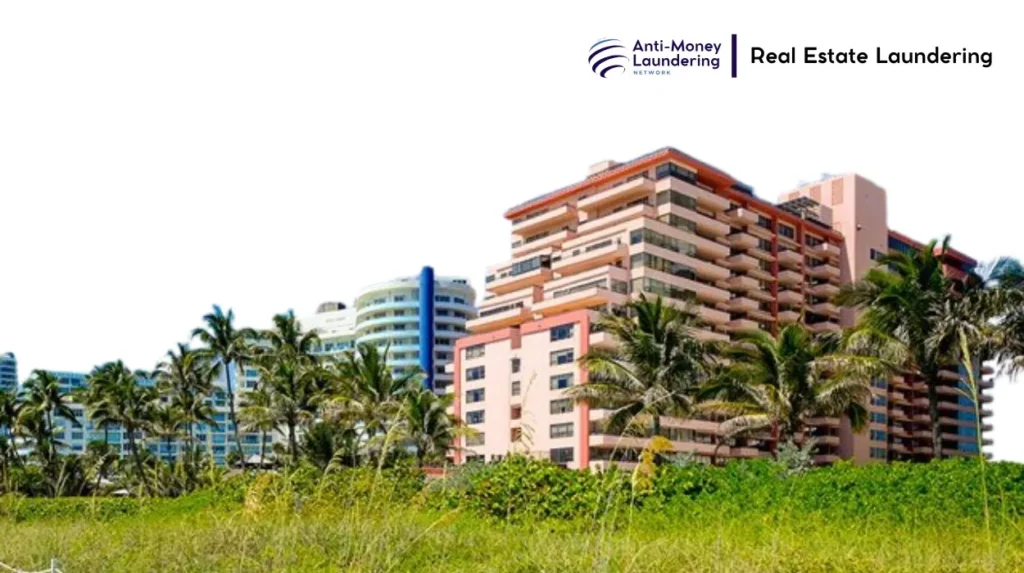The U.S. luxury real estate market, exemplified by properties like the Alexander Condominium, remains a glaring vulnerability for money laundering due to systemic financial opacity and weak anti-money laundering enforcement. Despite regulatory frameworks such as the Bank Secrecy Act, significant gaps persist—particularly around all-cash purchases via shell companies that obscure true ownership. This environment enables illicit actors, including foreign nationals and politically exposed persons, to exploit U.S. real estate as a vehicle for laundering billions annually. The Alexander Condominium case exposes the critical need for robust transparency and accountability to counteract entrenched secrecy and political complicity undermining effective law enforcement.
The Alexander Condominium, with prominent locations in Miami Beach and New York City, exemplifies the vulnerabilities inherent in the US luxury real estate market as a conduit for money laundering and asset concealment. Despite being a high-end residential property attracting wealthy buyers, the opaque ownership structures—often employing shell companies and trusts—facilitate layering and concealment of illicit funds. The US jurisdiction remains critically weak in enforcing anti-money laundering laws in real estate, aggravated by political complicity and financial opacity. While no specific direct investigation is public against Alexander Condominium units, the property is situated within a real estate landscape documented by multiple investigative reports for systemic risks of laundering billions of dollars. The case highlights the urgent need for stricter AML reforms targeting real estate secrecy and ownership transparency in the USA.

